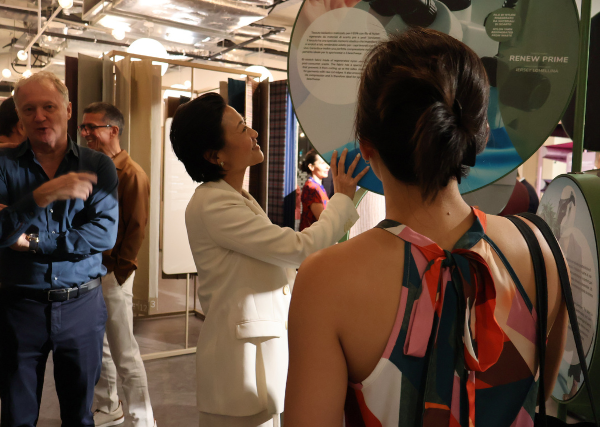The business of viral: How Singapore Brands end up on Hollywood’s radar
- Melisten
- 20 May 2024

The Earthshot Prize 2024 Impact Report
- May 2024
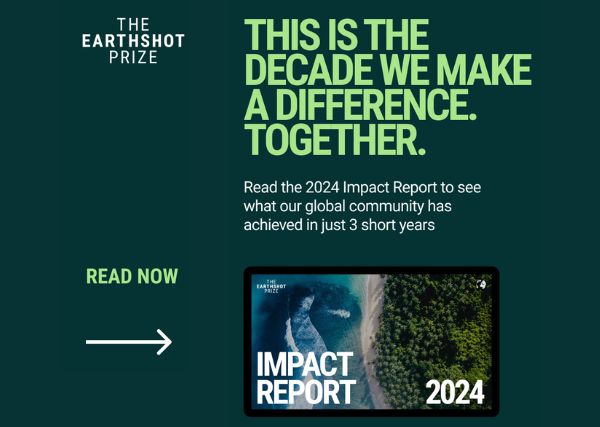
By 2030, the world must reduce CO2 emissions by over 40% and protect 30% of nature, fresh water, and oceans, before the damage is irreversible.
Recognising this need, Prince William founded The Earthshot Prize in 2020. In just three years, it has emerged as a global platform for finding innovators, unlocking funding, accelerating solutions, and inspiring optimism.
The Earthshot Prize has released its latest Impact Report, highlighting the significant progress that has been made just three years into this critical Earthshot Decade
RGE and SG Fashion Council offer ‘Responsible Fashion Scholarship’ for Singaporeans committed to sustainability
- The Independent
- 27 April 2024
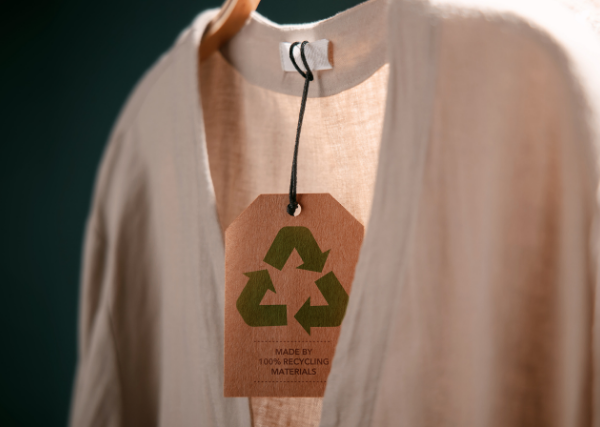
RGE Partners with Singapore Fashion Council on Scholarship in Responsible Fashion
- yahoo!finance
- 25 April 2024

RGE Partners with Singapore Fashion Council on Scholarship in Responsible Fashion
- PR Newswire
- 25 April 2024
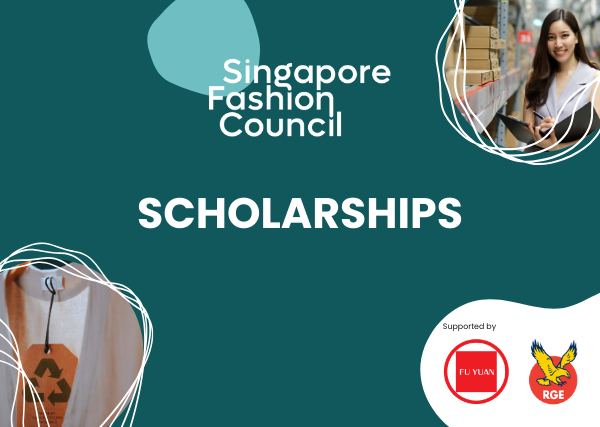
Style News: L’Oreal embarks on green science with NUS, Boutique Fairs returns
- The Straits Times
- 25 April 2024
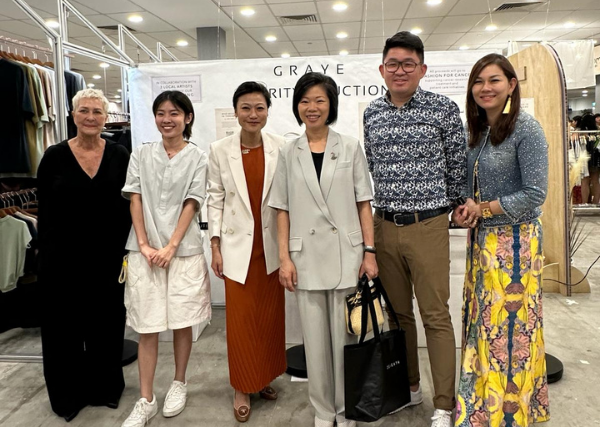
Sustainable Fashion's Fork in the Road: Beyond Fabric to Fair Labour
- 20 February 2024
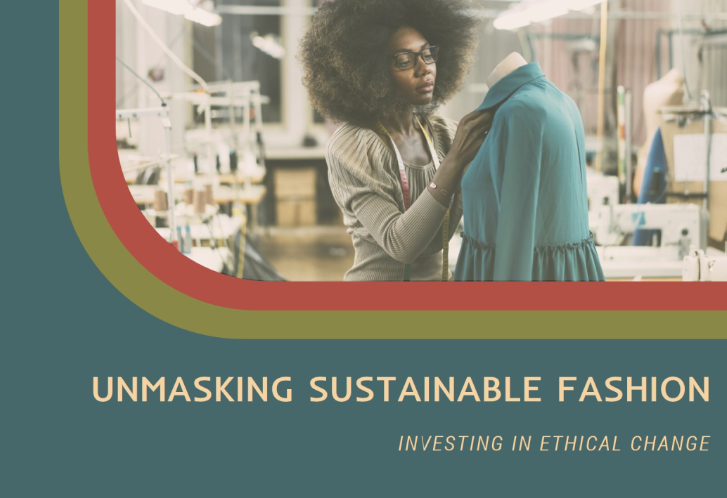
An Opinion Article by PEFC Editor Sorelle
Executive Summary
The fashion industry finds itself at a crossroads, where sustainability and ethical considerations demand center stage. In a world of fast fashion, characterized by fleeting trends and cheap garments, our choices resonate far beyond personal style. Influenced by voices like Greta Thunberg and mindful of the environmental toll, consumers are awakening to the power of their purchasing decisions, signaling a shift towards sustainable practices.
While the allure of traditional synthetic fibers wanes, there’s a growing embrace of eco-friendly alternatives like MMCFs, derived from plant-based sources. However, this transition must be accompanied by a conscientious approach to sourcing, acknowledging the complexities of supply chains and the human rights implications therein.
The true cost of fashion extends beyond the price tag, as underscored by tragedies like the Rana Plaza collapse. Upholding fair labor practices and ensuring safe working conditions are non-negotiable steps towards a truly sustainable future.
Transparency emerges as a beacon of accountability, empowering consumers to make informed choices. Initiatives like the Fashion Transparency Index and certification schemes like PEFC foster a culture of accountability, urging brands to uphold ethical standards throughout their supply chains.
As we navigate these waters, key questions emerge: Are our garments built to last? Can they be recycled or composted? And crucially, were they produced ethically? Collaboration across the industry is paramount, requiring engagement at every level of the supply chain.
In this era of conscious consumerism, the fashion industry stands at a pivotal moment. How we choose to respond will shape not just our wardrobes, but the world we inhabit. Let us embrace this opportunity for change with grace, empathy, and unwavering commitment to a more sustainable future.
